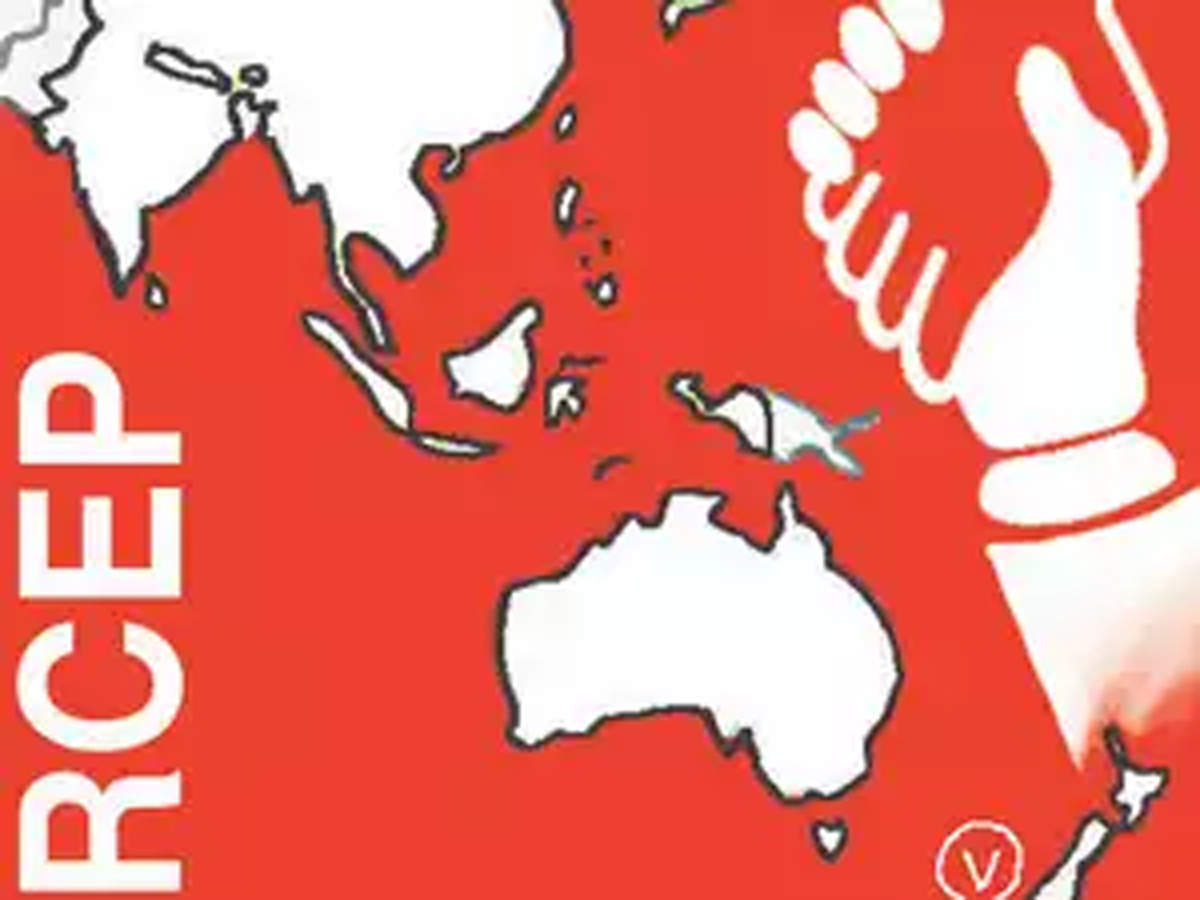RCEP (Regional Comprehensive Economic Partnership) is in talks since 2012 between the 10 members of the Association of South-East Asian Nations (ASEAN) and six other countries. This Trans-Pacific Partnership (TPP) was one of the initiatives taken by President Barack Obama to pivot to Asia. It was set to become the world’s largest free trade deal that covered 40% of the world’s economy before President Donald J. Trump withdrew the United States in 2017.
On Monday at the ASEAN summit at Bangkok, Prime Minister Narendra Modi opted out from RCEP. This decision disappointed many countries that hoped India would join.
Although the Prime minister thinks it as a good decision, it is another jolt to the Indian economy after Demonetization and GST. This abandonment will cost India in reforming its trade and economy badly as it will be the world’s largest integrated trading zone, and the most significant trade pact after the World Trade Organization (WTO) was formed. It will cover nearly half of the world’s population and almost 30 percent of global GDP.
But the truth is the Indian government is out from both the trading groups- RCEP and the 11-member Comprehensive and Progressive Agreement for Trans-Pacific Partnership which is not a good sign for the India economy. It will also make China a dominant voice among remaining members, ‘which including India covers one-third of the world’s gross domestic product.
It is said that not joining RCEP is good for the Indian economy as it would increase the flow of cheap Chinese products affecting India’s “Make in India” program and joining RCEP would have brought some risks. India bore a $58 billion trade deficit in 2018 with China. This deficit could have increased even after joining RCEP, but the Modi government would have failed to introduce the complementary changes that encourage competitiveness. It seems Modi has been unable to avail even the scant support it had for open trade.
It is said that the Modi government was trying hard to join RCEP. Perhaps it was the domestic pressure that changed their minds. The opposition parties have been trying to defame the Modi government by bashing about RCEP. Congress leader Rahul Gandhi tweeted on Monday that joining RCEP would “flood India with cheap goods, resulting in millions of job losses.”
Disadvantages to India for not joining RCEP
- Joining RCEP would have opened doors to India’s exporters to make their mark globally that dominate international productions fulfilling India’s long-stated ambition of becoming a global manufacturing unit.
- Not joining RCEP has lost its credibility with other ASEAN countries. Joining India was a big hope for South-Asian countries as they didn’t want a new trade deal dominated by China. This has also created frustration among those countries creating sourness in their relations with India.
- This will also keep India away from the recent new-rule setting reforms making it a led-by China group.
The possibility is RCEP would try to make India join next year with its new rules, but this year, it will move ahead leaving behind India at its same pity condition which is expected to get worse.
The whole world is worried about India, fearing if Donald Trump influences Modi’s decision as he also moved out of the Trans-Pacific Partnership in 2017. Hope Indians will not have to pay as Americans did due to their president’s decision.

















